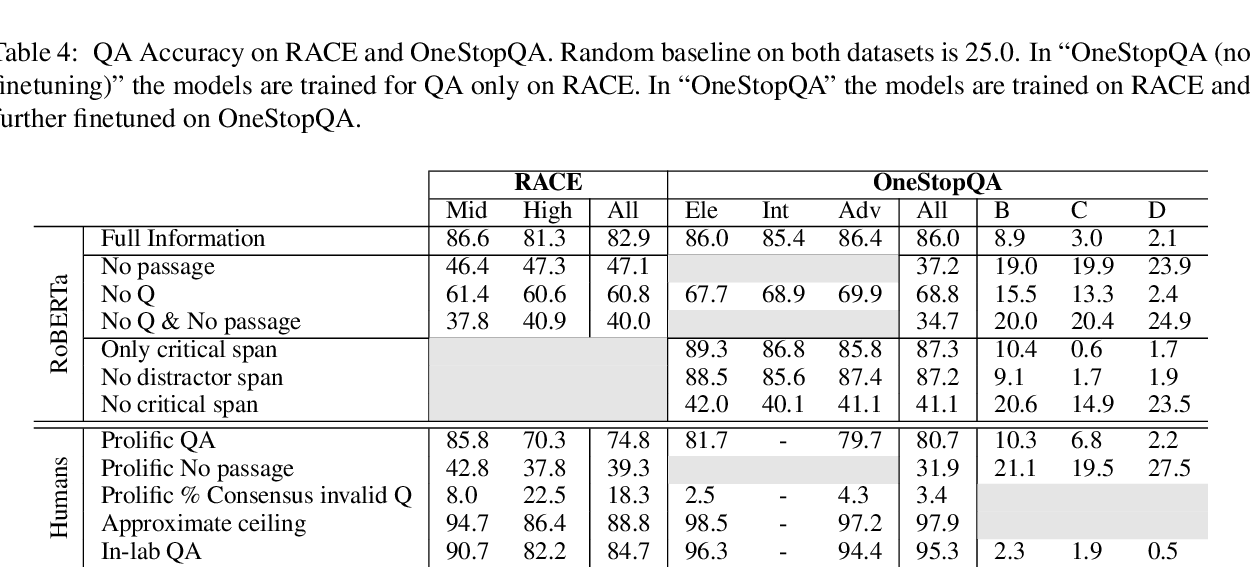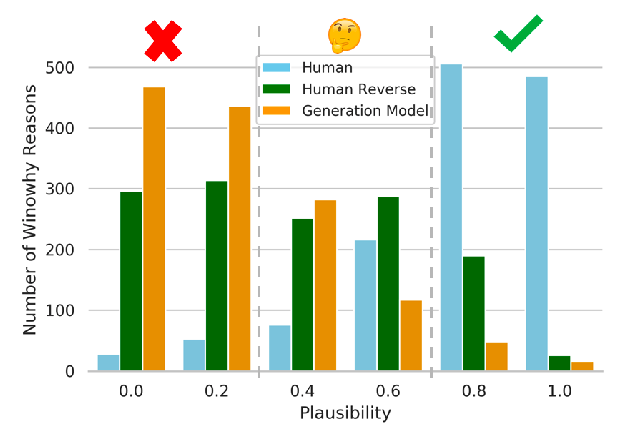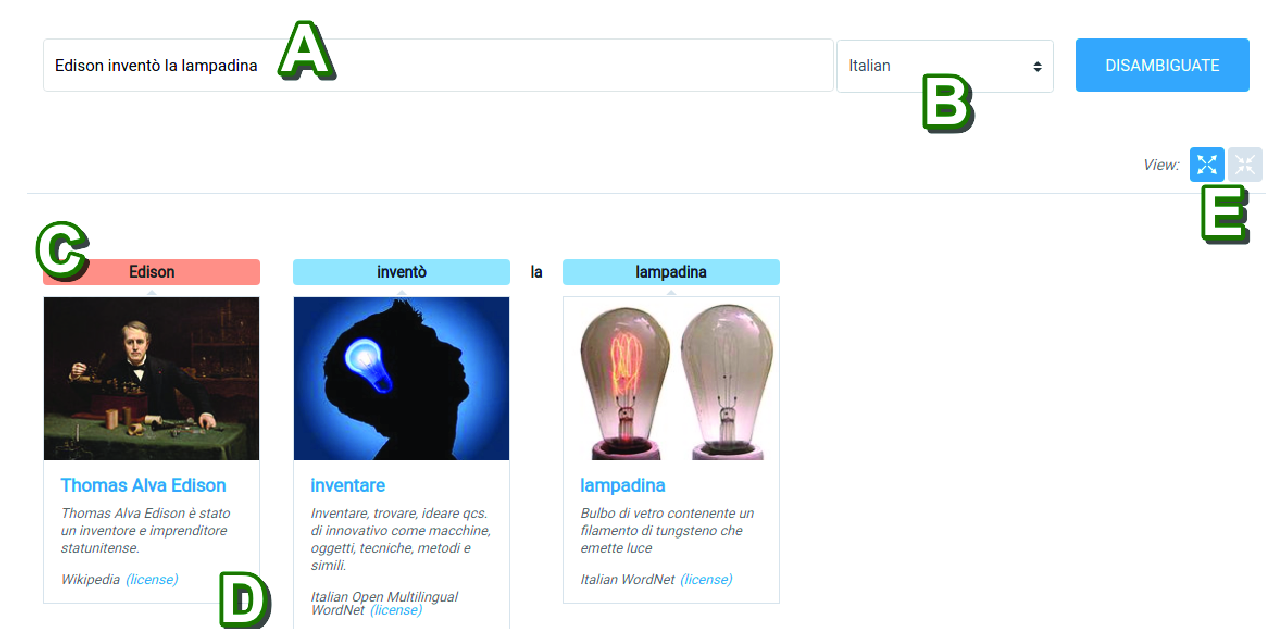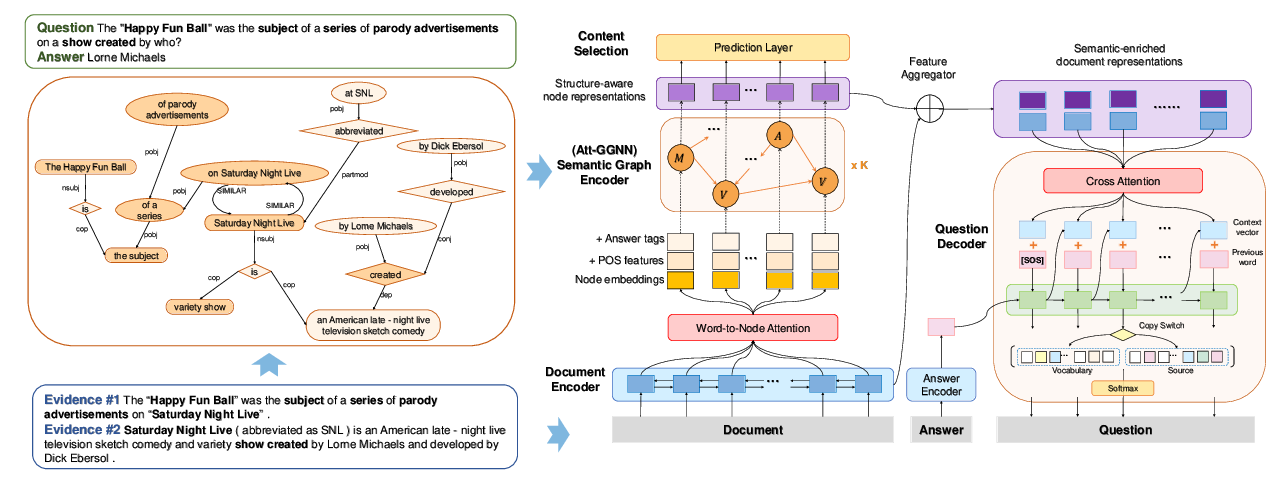Investigating Prior Knowledge for Challenging Chinese Machine Reading Comprehension
Kai Sun, Dian Yu, Dong Yu, Claire Cardie
Question Answering TACL Paper
Session 9B: Jul 7
(18:00-19:00 GMT)

Session 10A: Jul 7
(20:00-21:00 GMT)

Abstract:
Machine reading comprehension tasks require a machine reader to answer questions relevant to the given document. In this paper, we present the first free-form multiple-Choice Chinese machine reading Comprehension dataset (C^3), containing 13,369 documents (dialogues or more formally written mixed-genre texts) and their associated 19,577 multiple-choice free-form questions collected from Chinese-as-a-second-language examinations. We present a comprehensive analysis of the prior knowledge (i.e., linguistic, domain-specific, and general world knowledge) needed for these real-world problems. We implement rule-based and popular neural methods and find that there is still a significant performance gap between the best performing model (68.5%) and human readers (96.0%), especially on problems that require prior knowledge. We further study the effects of distractor plausibility and data augmentation based on translated relevant datasets for English on model performance. We expect C^3 to present great challenges to existing systems as answering 86.8% of questions requires both knowledge within and beyond the accompanying document, and we hope that C^3 can serve as a platform to study how to leverage various kinds of prior knowledge to better understand a given written or orally oriented text. C^3 is available at https://dataset.org/c3/.
You can open the
pre-recorded video
in a separate window.
NOTE: The SlidesLive video may display a random order of the authors.
The correct author list is shown at the top of this webpage.
Similar Papers
STARC: Structured Annotations for Reading Comprehension
Yevgeni Berzak, Jonathan Malmaud, Roger Levy,

WinoWhy: A Deep Diagnosis of Essential Commonsense Knowledge for Answering Winograd Schema Challenge
Hongming Zhang, Xinran Zhao, Yangqiu Song,

Personalized PageRank with Syntagmatic Information for Multilingual Word Sense Disambiguation
Federico Scozzafava, Marco Maru, Fabrizio Brignone, Giovanni Torrisi, Roberto Navigli,

Semantic Graphs for Generating Deep Questions
Liangming Pan, Yuxi Xie, Yansong Feng, Tat-Seng Chua, Min-Yen Kan,
